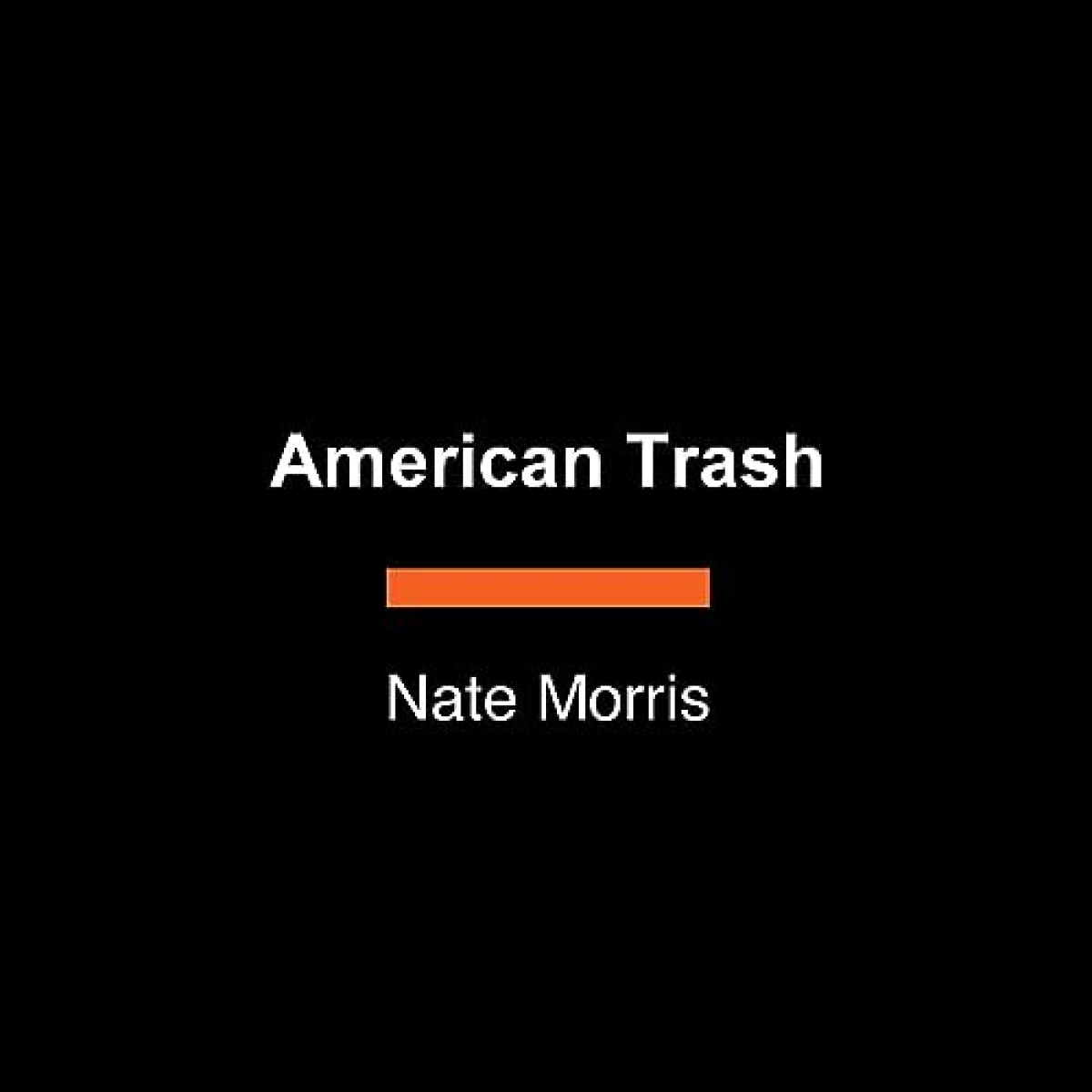American Trash
- Available to Preorder
- SKU: 9780593240625 Manufacturer SKU
- RRP: NZD $84.99 Recommended Retail Price
- Barcode: 9780593240625 Product barcode
- Estimated Release Date: Unknown The estimated date of the product's release
A lesson-packed success story for the twenty-first century, from a ninth-generation Kentuckian who imported the Silicon Valley playbook to the heartland.
A lesson-packed success story for the twenty-first century, from a ninth-generation Kentuckian who imported the Silicon Valley playbook to the heartland.
A lesson-packed success story for the twenty-first century, from a ninth-generation Kentuckian who imported the Silicon Valley playbook to the heartland, revealing how the entrepreneurial mindset can be applied anywhere, and even to our most stubborn industries. In his case: trash.
When Nate Morris decided to build a business, he wasn’t looking to disrupt—he was looking for a problem to solve. Morris believed that the bigger the problem, the more the market would reward him for solving it. And one of the biggest problems, he came to believe, was one that every person, business, and community dealt with on a daily basis, but which was often overlooked: waste.
American Trash is the moving story of how a ninth-generation Kentuckian—a boy who grew up being called “white trash”—applied the innovative thinking we associate with Silicon Valley startups to the ancient problem of waste. Raised on the scrappy resourcefulness of his grandfather, president of their local autoworkers’ union, Morris built Rubicon, a waste management company powered by digital technology. Unlike the bloated industry titans of yesterday, Rubicon was asset light: It wouldn’t own landfills, so it would be free of the perverse incentive to fill the land with chemical-laden trash, and it wouldn’t own trucks, so it would support “mom and pop” hauler businesses. Most important, it would be based in Georgia and Kentucky, thousands of miles from the near-sighted culture of Silicon Valley.
In telling his story, Morris shows how he combined the great tradition of American entrepreneurship with the lessons of the digital economy—and did it far from the coastal bastions of the technology elite. The result is a blueprint for those seeking to tackle our biggest challenges with creative, free-market solutions.
A lesson-packed success story for the twenty-first century, from a ninth-generation Kentuckian who imported the Silicon Valley playbook to the heartland, revealing how the entrepreneurial mindset can be applied anywhere, and even to our most stubborn industries. In his case: trash.
When Nate Morris decided to build a business, he wasn’t looking to disrupt—he was looking for a problem to solve. Morris believed that the bigger the problem, the more the market would reward him for solving it. And one of the biggest problems, he came to believe, was one that every person, business, and community dealt with on a daily basis, but which was often overlooked: waste.
American Trash is the moving story of how a ninth-generation Kentuckian—a boy who grew up being called “white trash”—applied the innovative thinking we associate with Silicon Valley startups to the ancient problem of waste. Raised on the scrappy resourcefulness of his grandfather, president of their local autoworkers’ union, Morris built Rubicon, a waste management company powered by digital technology. Unlike the bloated industry titans of yesterday, Rubicon was asset light: It wouldn’t own landfills, so it would be free of the perverse incentive to fill the land with chemical-laden trash, and it wouldn’t own trucks, so it would support “mom and pop” hauler businesses. Most important, it would be based in Georgia and Kentucky, thousands of miles from the near-sighted culture of Silicon Valley.
In telling his story, Morris shows how he combined the great tradition of American entrepreneurship with the lessons of the digital economy—and did it far from the coastal bastions of the technology elite. The result is a blueprint for those seeking to tackle our biggest challenges with creative, free-market solutions.
| Weight (kg) | 0.000000 |
|---|---|
| LPG Bestseller | No |
| Item Group | Books and Comics |
| Discontinued Product | No |
| Exclusive to LPG | No |
| Available for Resale | Yes |
| Dangerous Good | No |
| Allow Export | Yes |

 AU
AU
